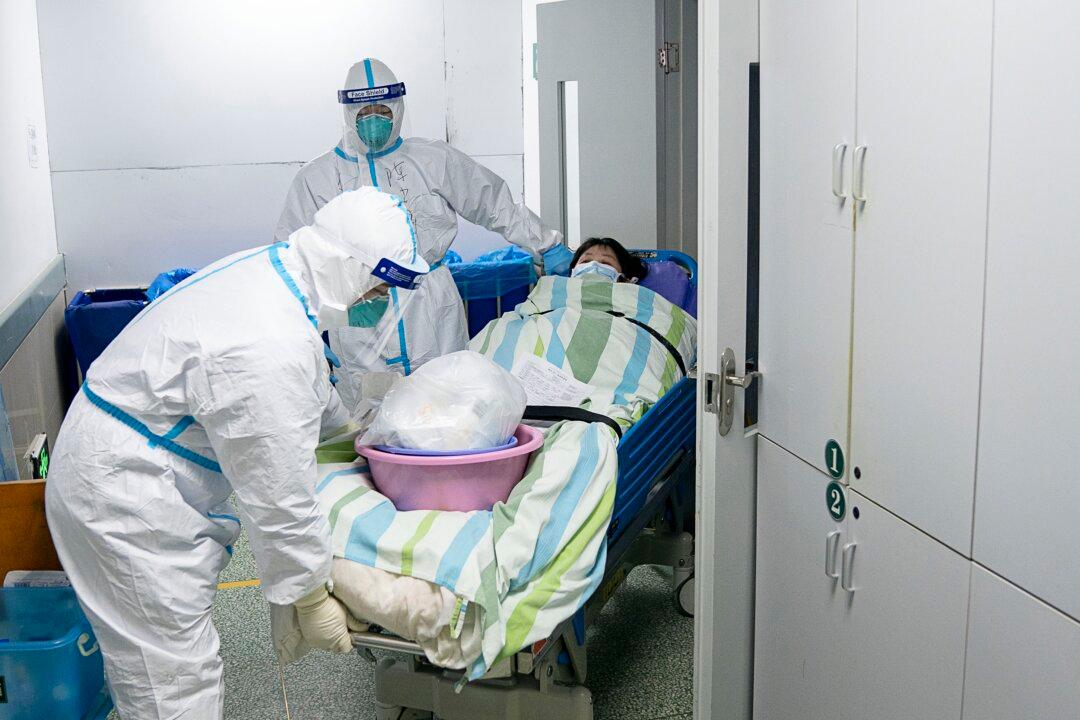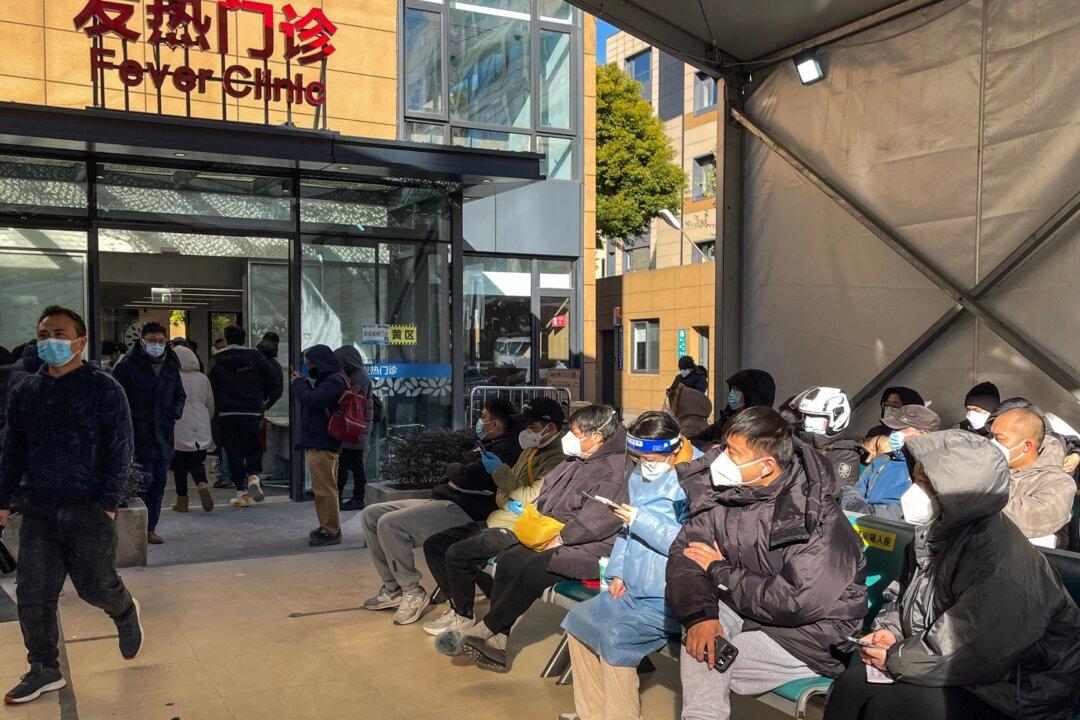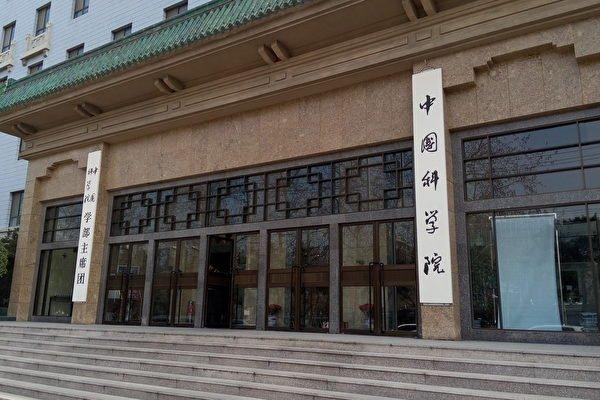At least eight professors and staff members of the Shanghai Conservatory of Music died due to a COVID spike that started in December last year and continued into January 2023. The deaths included three Chinese Communist Party (CCP) branch secretaries.
On Jan. 24, Sha Hankun, a former deputy secretary of the party branch and deputy head of the composition department of the Shanghai Conservatory of Music, died at the age of 96 at the Zhongshan Hospital affiliated with Fudan University in Shanghai due to “illness,” said the official obituary, which, as per usual practice, avoided mentioning the COVID-induced death.




